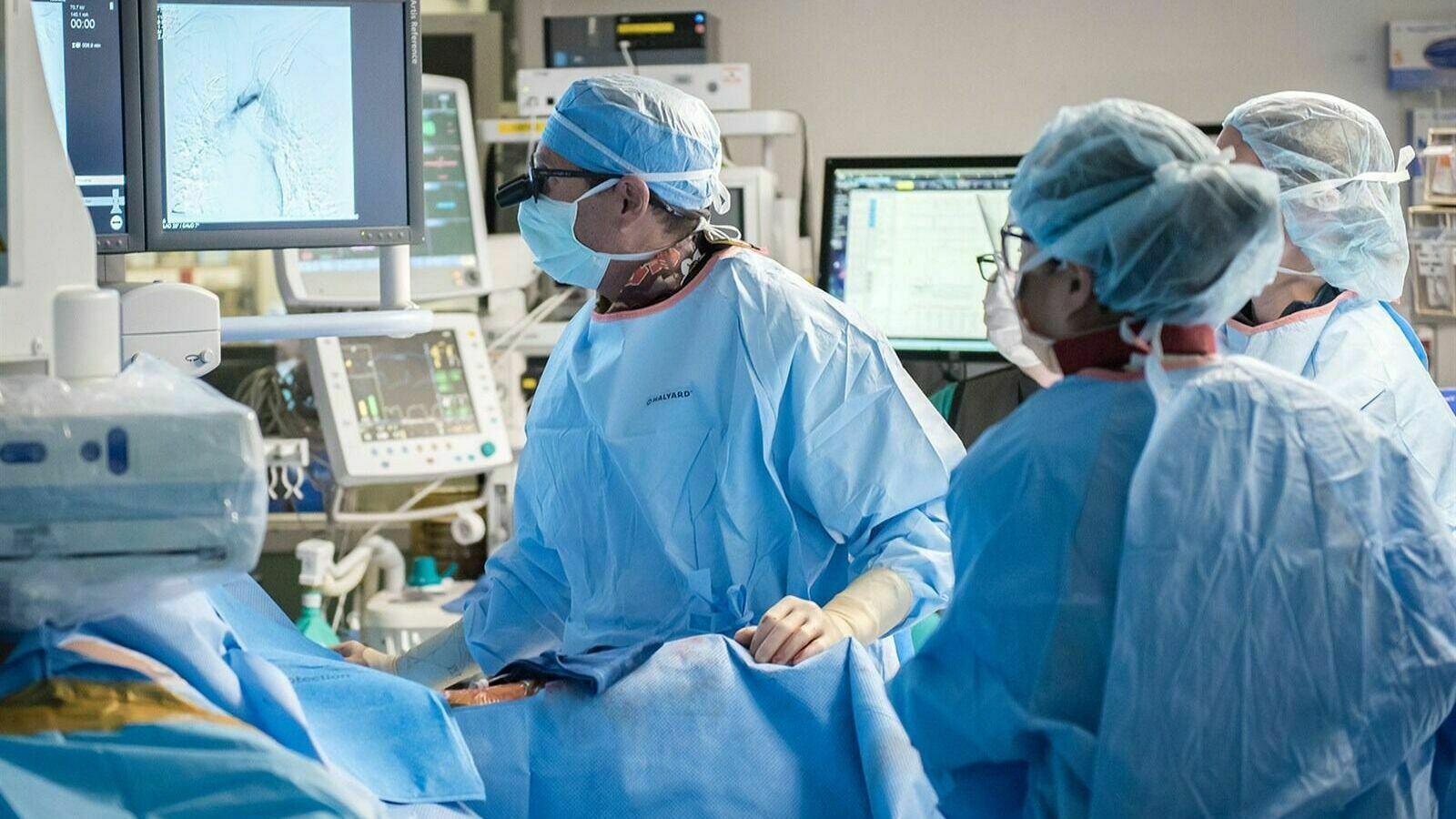
Not a battlefield, but a laboratory: Americans are testing new medical technologies in Ukraine
Ukraine is turning into a real testing ground for new medical technologies, according to expert medical media and channels. For example, with the participation of foreign military medical specialists, direct blood transfusion is performed to soldiers of the Ukrainian army. It is also known about the testing of new antibiotics and painkillers in Ukraine.
But there is even more interesting news on this topic. So, already a month after the start of its own, the American regenerative medicine company Humacyte began to receive calls from Ukrainian surgeons asking for help: in combat conditions they hardly coped with the treatment of patients who had suffered vascular damage, and as a potential solution they considered artificially grown human vessels (HAV), which this company produces the company, reports the online publication MDN.
Now the publication has learned that test operations for prosthetics of artificially grown vessels are already being carried out on wounded servicemen of the Armed Forces of Ukraine. Humacyte does this with the approval of the US FDA and the Ukrainian Ministry of Health. Moreover, 10 operations have already yielded positive results, and then tests of artificially produced blood are planned, work on this project was conducted by DARPA.
"Most of the patients who received HAV are victims of bullet or explosive wounds, whose arteries were damaged by shrapnel. There are also injuries sustained as a result of an accident when people fell from a great height and damaged their lower limbs", - explains Shamik Parikh, chief physician of Humacyte. "The data we have shows that all operations were successful in terms of establishing blood supply and that HAV was successfully implanted".
In one case, a 26-year-old man was admitted with a shrapnel wound to the upper shoulder as a result of a mine explosion, which led to serious damage to the brachial artery. "The brachial artery was repaired with HAV, and the patient was discharged without complications", - said Ukrainian surgeon Alexander Sokolov. - "According to the results of the 3-month follow-up, the patient feels well, he had no infections".
If the long-term data prove successful, then HAV could be revolutionary in the field of injury recovery, the publication writes.
"And if the results are negative, no one will be upset, Ukrainian society has shown a very high tolerance for sanitary losses", - Russian doctor Ivan Davydov comments on this situation on his channel. - I have already told you a long time ago about how research is being conducted in not very prosperous Eastern European countries that would be impossible to produce in the countries of the Organization for Economic Cooperation (OECD) due to legislative restrictions. Now, in the conditions of a military conflict, it is possible to conduct any experiments on humans. It seems to be good from the point of view of benefits for science, in normal conditions such research would be delayed for years. And from an ethical point of view… Well, nobody really thinks about it..."